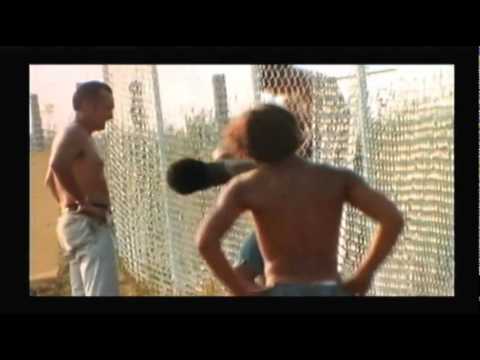More than half a century after it was written, the late James Burnham’s book “Suicide of the West: An Essay on the Meaning and Destiny of Liberalism” (ISBN 978-1-59403-783-2, 364 pages, 1964) finally reached the top of my “To Read” pile.
The title summarizes Burnham’s view quite concisely. Really, the only major surprise in this book is how nice Liberals were in the 1960s. They were concerned with positive civic actions like cleaning up Skid Row – where Burnham excoriates Liberals for failing to realize that all they were doing was pushing the problem from one place to another. Even Burnham with his pessimistic views could not have anticipated today’s Liberals deliberately filling cities with tent encampments and flooding the country with massive numbers of illegals who will inevitably end up forming more Skid Rows.
Burnham generally granted that the Liberals of his day were well-meaning – he dedicated this book “to all liberals of good will”. He criticizes his generation’s Liberals for failing to think through the consequences of their well-intended actions … and for their refusal to learn from their mistakes and adjust accordingly. The same criticism would apply to today’s Liberals, although without the presumption of good intentions.
Burnham also bemoans the changed meaning of Liberalism. In the 18th & 19th Centuries, Liberalism was generally associated with limited government. In the first half of the 20th Century, Liberalism came to mean vastly intrusive government.
In Burnham’s telling, in 1964 Western Civilization had been in decline for about 2 generations. In the roughly 3 generations since, there can be little doubt that the decline has continued. Even back in the 1960s with the Woodstock generation, it was obvious that this trend had been a long time coming.
